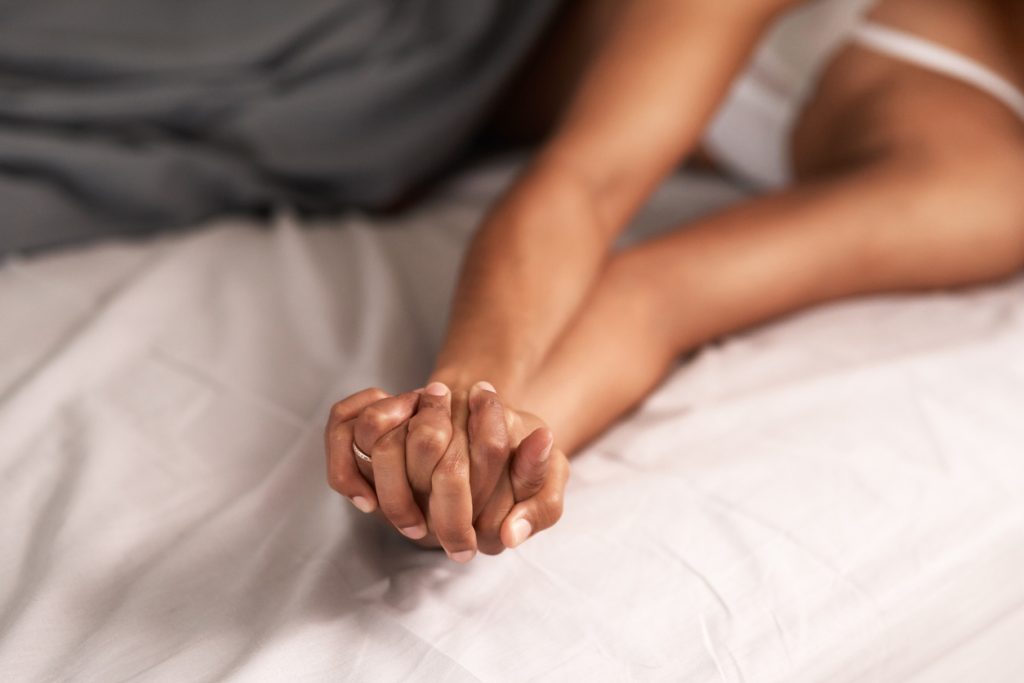Sexuality after a brain injury

Our sexuality is at the core of who we are and it’s a large part of how we express ourselves. A brain injury can alter the way we may experience and express our sexuality. Although many people are sexual in nature, there is still a great deal of stigma around discussing sex and relationships openly, and so how sex and sexuality changes after a brain injury is not commonly spoken about.
This article explores the changes that may occur after a brain injury and how you can reconnect with the sexual side of yourself in recovery and beyond.
Sexual changes to expect after a brain injury
Experiencing changes sexually may be something you hadn’t considered after a brain injury, but it’s very common. Changes can happen because of damage to certain areas of your brain, a side effect of a medication, as well as a variety of physical and psychosocial changes that may also be happening in your body (such as hormonal changes).
Common changes after injury include:
- loss of libido or reduced sexual desire
- hypersexuality (increased desire for sex)
- difficulties with sexual functioning
- inability to orgasm
- pain and discomfort during sex
- reduced sexual responsiveness
- sexual disinhibition (i.e. talking excessively about sex or inappropriate touching).
Ways to explore sex after a brain injury
Accepting that it’s ok for things to be different after your injury and instead focusing on finding new and diverse ways to enjoy sex can be transformative in your recovery journey. Partners can have a significant role in adjusting to the sexual changes you’re experiencing. The best ways to help someone explore sex after a brain injury is to:
- seek greater understanding through information and support
- try different techniques and compensatory strategies (i.e. different ways of giving and receiving pleasure with the person)
- learn relaxation techniques and practice them with your partner
- encourage each other to stay fit and healthy.
It can be worthwhile reaching out to your GP, gynecologist, or psychologist when discussing these issues can also be a great way to find answers and solutions. Many professionals are happy to help you and understand this is an important part of life and recovery.